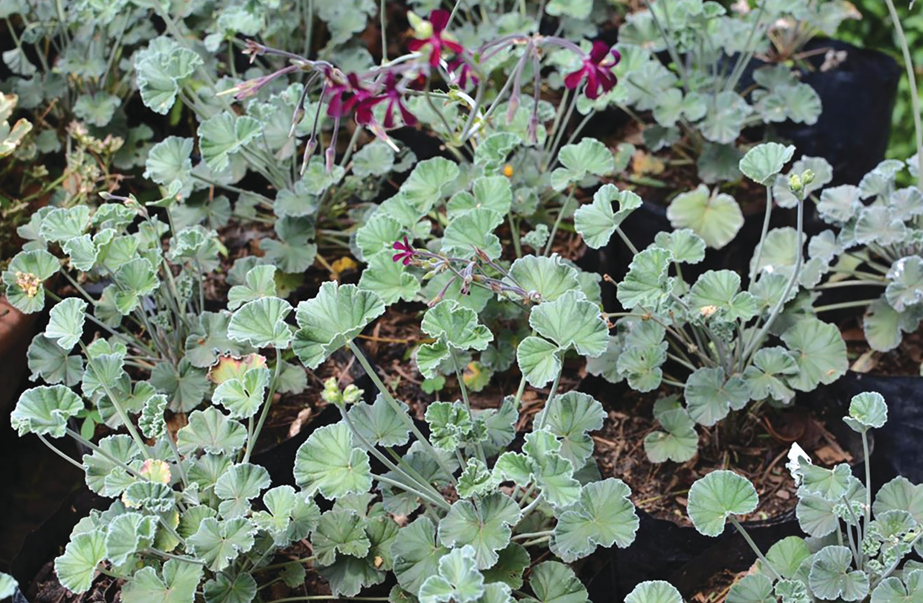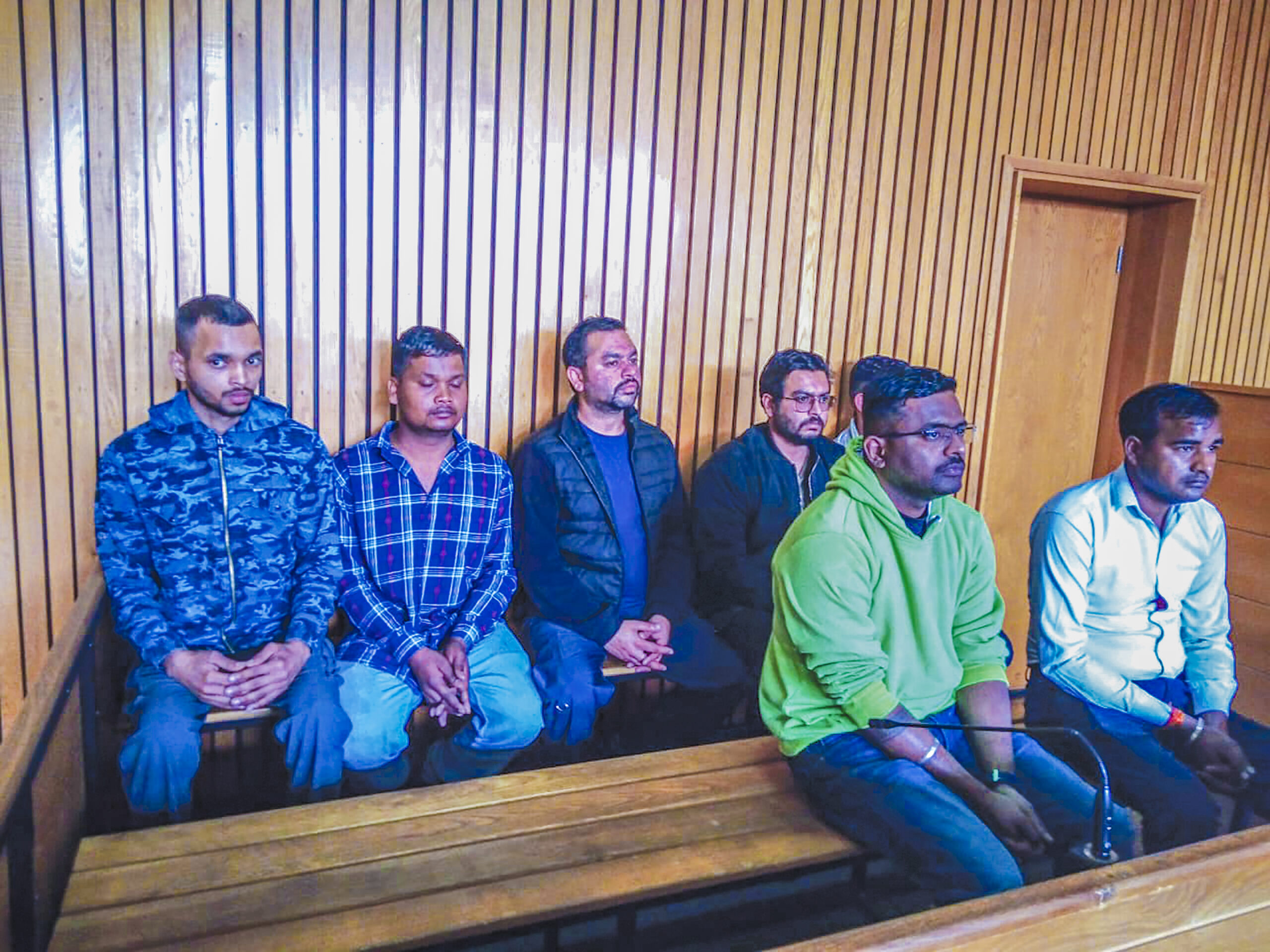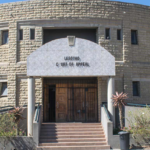Four men accused of illegally harvesting perlagoliam, commonly known as khoara, in Semonkong have pleaded guilty, prompting a court order for an extensive replanting and community education initiative.
Appearing before Magistrate Thabang Tapole this week, Lesoli Khauta Kobeli, Nkuebe Pekeche, Chakela Molatoli, and Lira Pooana admitted to unlawfully harvesting the protected medicinal plant, a vital component of Lesotho’s biodiversity that plays an important role in soil protection and livestock wellbeing.
Represented by Advocates Lesenyeho and Makae, the four accused faced charges brought by the Director of Public Prosecutions, with Advocate Ratšita for the Crown.
Their pleas of guilt rendered moot the anticipated testimony of Lance Sergeant Hlao from the Ministry of Environment and Forestry, who was set to reveal how villagers helped expose the illegal operation.
According to the prosecution’s records, Sergeant Hlao had received tip-offs about suspicious vehicles in the area prior to March 7, 2025. That intelligence led to the seizure of two trucks, one of them, a South African-registered vehicle (HZW 290 FS), was found surrounded by villagers who stated they were selling khoara to the truck owner.
A permit produced by Lesoli, Pekeche, Molatoli, and Mika authorised harvesting in Qacha’s Nek, not Semonkong, and they were informed of the illegality of their actions in that location where approximately 228 bags were found.
Another truck, JFT963FS, driven by Lira Pooana and containing about 133 bags, was also identified, with Pooana failing to produce any permit, resulting in the arrest of all individuals and the impounding of the trucks.
Pekeche, Molatoli, Mika, and Pooana identified themselves as employees of Rose Hip Farm. Approximately 100 villagers were present, reportedly selling the perlagoliam at M3.00 per kilogram.
The environmental officer confirmed in court that khoara is a protected species, and harvesting it without a license is a criminal offence. The villagers’ actions, motivated by economic desperation, were said to be exacerbating environmental degradation, including the formation of dongas, which damage grazing land and water catchments.
In mitigation, the defence claimed their clients had been contacted by villagers who were aware of potential buyers. Kobeli identified himself as a supplier for Rose Hip Farm and expressed willingness to support replanting efforts as a form of restitution.
But the prosecution was unmoved. Ratšita emphasised that true remorse would require more than replanting, it called for educating communities on sustainable harvesting and respecting environmental laws. He condemned what he described as the company’s blatant disregard for Lesotho’s fragile ecology.
Chief Motlalekhosi Letsie of Topa delivered scathing testimony, revealing that the accused operated in his jurisdiction without informing him, and that the fallout from their actions had unfairly shifted community anger toward him and local leaders.
He underscored the devastating impact of khoara depletion and urged a large-scale education campaign to restore community trust and environmental balance.
Magistrate Tapole ordered the accused and Rose Hip Farm—particularly Mr. Kobeli, to fund the replanting of khoara in both Semonkong Topa and the protected Tšehlanyane National Park. The project, to be overseen by the Ministry of Environment and Forestry, will also include public education on sustainable harvesting. A detailed report must be submitted to the court.
The magistrate further criticised the outdated Environmental Act of 1967, lamenting its failure to impose meaningful penalties for modern environmental crimes. The matter was adjourned for final judgment.

Relebohile Makhetha is a court and crime reporter based in Maseru. She has been working at Newsday since 2024. She holds a Bachelor’s Degree in Professional Communication from Limkokwing University of Creative Technology (2024) and a Diploma in Mass Communication from the National University of Lesotho (Institute of Extra-Mural Studies, 2018).












